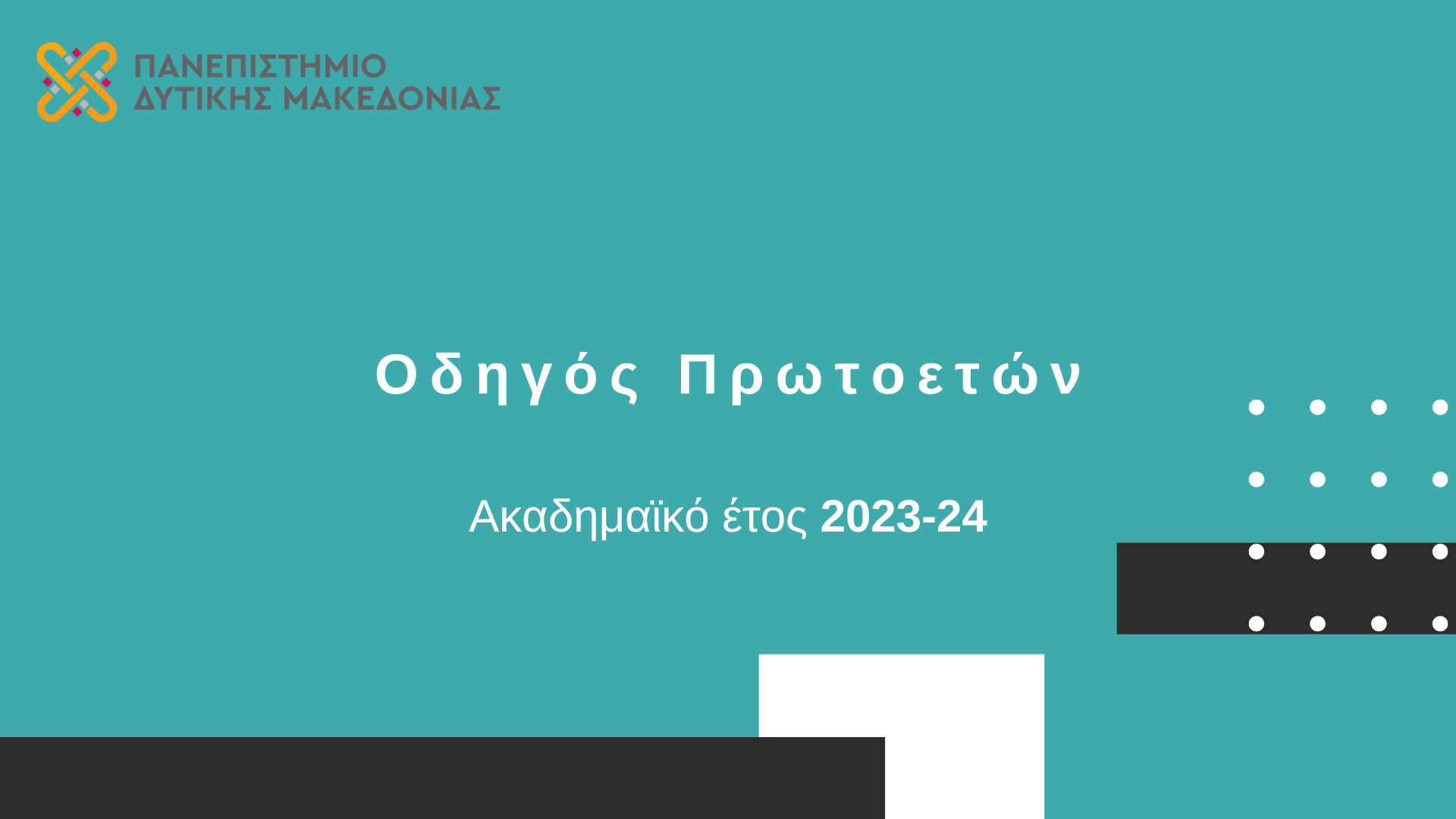Students with special learning difficulties (dyslexia, dysanagnosia, dysorthography, dysgraphia, dyscalculia)
Specific learning difficulties are a general term that refers to a heterogeneous group of disorders, which are expressed with significant difficulties in acquiring and using listening, speaking, reading, writing, reasoning or math skills. These disorders are inherent in the individual and are attributed to a dysfunction of the Central Nervous System (Hammill, 1990). Students with specific learning difficulties usually spend more time studying since they may face reduced attention, concentration and weaker memory so they do not easily memorize information and have difficulty in organizing their studying as well as reading and writing.
Dyslexia belongs to specific learning difficulties but it is a difficulty which mainly relates to reading and writing. Therefore, dyslexic individuals have difficulty in reading a text with precision, speed, flow, style etc. The same also applies for written texts with issues such as wording, lack of punctuation, a lot of spelling, phonological and morpho-grammatical mistakes arising. However, if they are asked to orally present the same topic, their performance will be improved.
During the learning process, students with specific learning difficulties will probably face difficulties with:
- Keeping notes: students with specific learning difficulties find it difficult to listen and simultaneously write, especially if this should be done with speed and precision.
- Organising and dealing with their workload: designing activities, setting goals, prioritizing.














